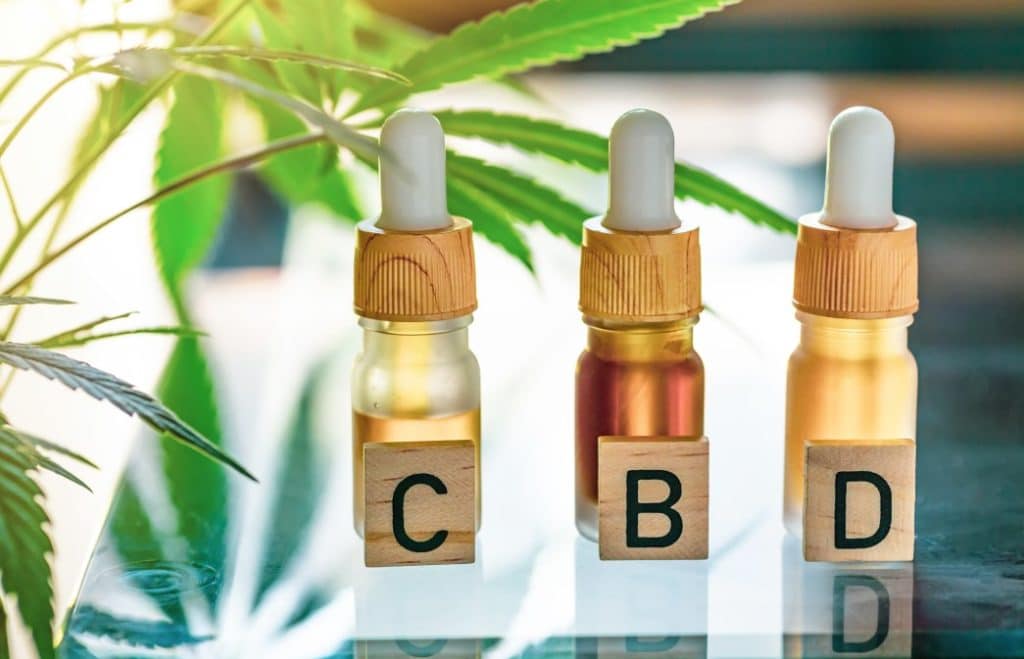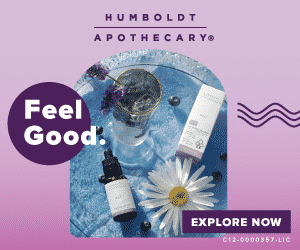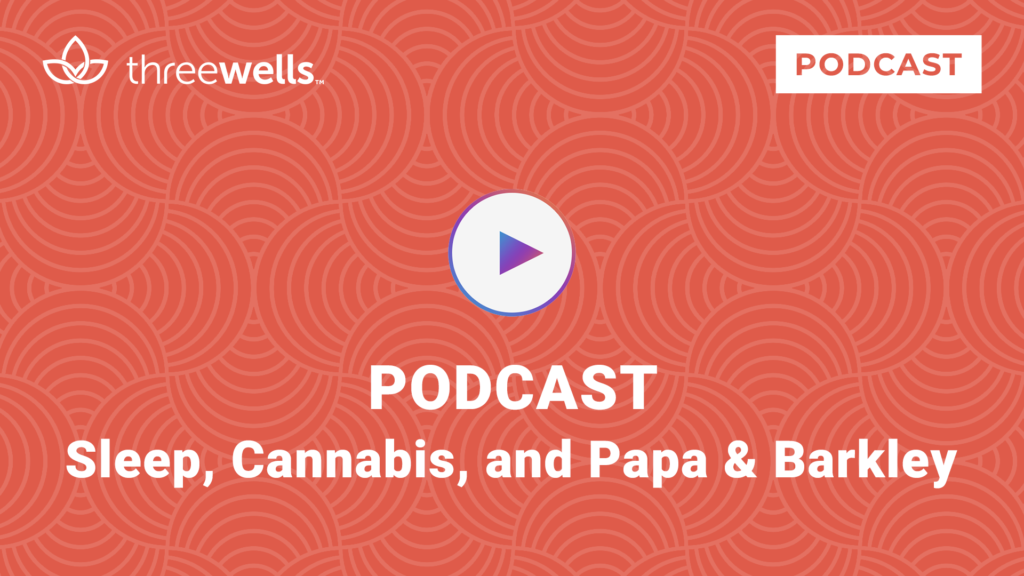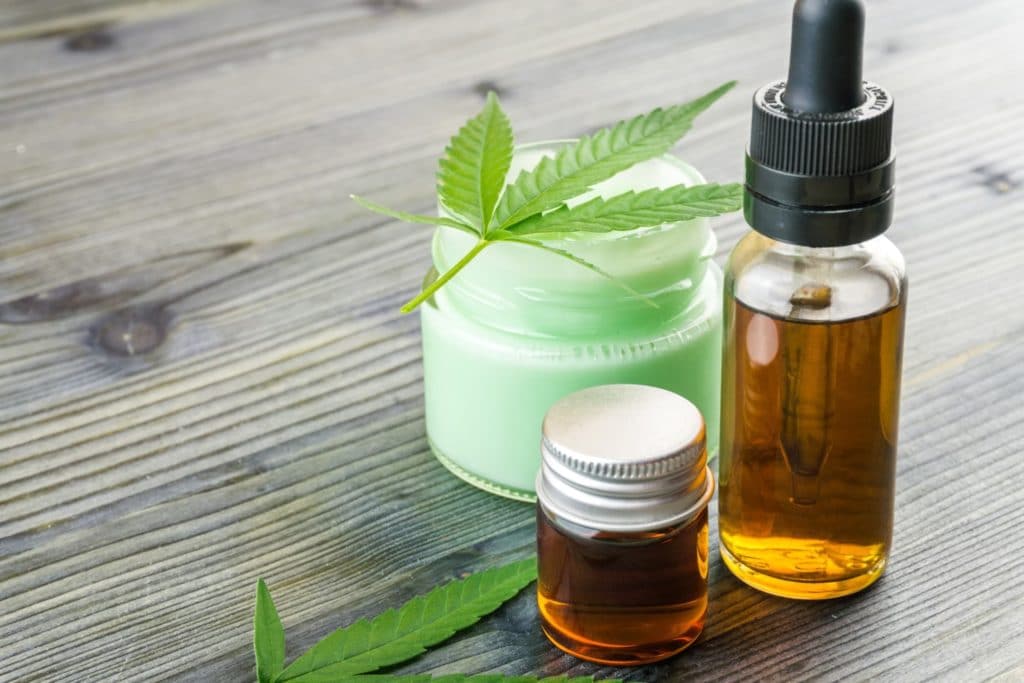Read Time: 4:30 Mins.
Over the past year or so, sales of CBD products have skyrocketed. You may have heard stories proclaiming CBD is a natural miracle that cures every ailment. On the other hand, you may know friends or family that tried some sort of CBD for a week and told you “It didn’t do a thing, it’s a bunch of malarky.” The truth is that studies have shown CBD has great potential as a natural healing medicine, but there are many misconceptions and outright misinformation about it. That’s why we wanted to help dispel the top five myths about CBD.
What is CBD?
CBD is an acronym for Cannabidiol a compound found in both traditional cannabis plants and its cousin, the hemp plant. For mature adults seeking relief from a variety of medical conditions, CBD acts as an anti-inflammatory agent in our bodies. It shows great promise for treating epilepsy, appears to reduce anxiety and may help people suffering from insomnia.
Where Does CBD Come From?
CBD is found in both traditional cannabis plants and in hemp. The 2018 Hemp Farming Act removed hemp as a federally-illegal plant, opening the proverbial barn doors for licensed farmers to grow it across the nation. Technically, traditional cannabis plants (containing THC) and hemp plants (which contain little THC) are in the same scientific category, the Cannabis sativa L marijuana plant, and this causes much confusion. THC, short for Tetrahydrocannabinol, is the psychoactive compound that produces the euphoria or “high” which people experience with traditional cannabis. You can learn more about the differences between hemp and cannabis, and the 300-year history of hemp farming in the U.S., here.
The Top Five Myths About CBD
Myth No. 1: Will CBD Get Me High?
No, it won’t. It doesn’t matter how much CBD you inhale, swallow, or rub on your body, it does not produce the high that people experience with THC. In fact, to be sold legally in retail stores or online (see Myth No. 2 below), CBD-only products made from hemp must contain less than .03 percent THC. If you consume too much CBD, you’ll most likely feel pretty relaxed and want to take a nap or go to bed.
Myth No. 2: CBD is Legal in all 50 States
It’s often said that CBD is legal in all 50 states, but this is not entirely accurate. It’s available in all 50 states, but state and even local laws may ban sales. Here’s a good example from Idaho’s Attorney General: “In sum, unless an oil extract contains no THC and is excluded from the definition of “marijuana” under Idaho Code § 37-2701 (t)…such oil is a controlled substance in Idaho.” That’s perfectly clear, right? Eventually, the U.S. Dept. of Agriculture will develop regulations based on the 2018 HFA.
The U.S. Food and Drug Administration also plays a role in regulating CBD products. Currently, it is unlawful to sell CBD-infused food or beverages or make strong health claims CBD can cure anxiety, depression, epilepsy, diabetes, or Alzheimer’s disease, among others. The FDA sent warning letters to several companies selling CBD products which claimed they treat diseases and illnesses. This is illegal because claiming a product cures or treats a disease requires it to be an FDA-approved drug that underwent clinical trials. In an April 2 statement, the outgoing FDA Commissioner urged caution in moving forward, especially for CBD products making certain health claims.
The bottom line is that while federal law permits licensed companies to sell hemp-based CBD products in retail stores or ordered online, a gray area exists about whether a particular state or city allows it. Chances are that as a consumer, you will not experience any difficulties in finding a wide range of available CBD products.
Myth No. 3: CBD is a Cure for Everything
Not true. CBD has natural anti-inflammatory and other properties, but CBD is not a cure for everything. CBD works with our body’s endocannabinoid system (ECS) which helps regulate pain, appetite, sleep, and our immune system. CBD acts like fuel for our ECS, almost as if we are naturally wired for it. In a stunning development, the FDA approved the first-ever CBD drug named Epidolex for treating two rare and severe forms of epilepsy, Lennox-Gastaut syndrome, and Dravet syndrome. CBD oil for nausea is also beneficial for patients dealing with the side effect of chemotherapy. A study is also underway for using CBD to help with traumatic brain injury recovery.
Here’s a brief list of potential medicinal uses for CBD:
- Arthritis
- Anxiety/Depression/Mood Disorders
- Crohn’s Disease and IBS
- Conditions like Alzheimer’s/Parkinson’s/Huntington’s/ALS/MS.
- Epilepsy and Seizures
- Heart Health
- Inflammation
- Insomnia
- Pain
- Obesity
Myth No. 4: CBD is the All the Same
This is definitely NOT true. Like all agricultural products, there are varying degrees of hemp quality, and the final product depends on which parts of the plant are used. For example, CBD oil extracted from low resin fibers in the plant’s stalks and stems may be less pure than CBD oil made from the plant’s flowers. Another important element is where and how the hemp is grown. Hemp and cannabis plants act like sponges, soaking up minerals and nutrients in the soil. It’s called bioremediation. However, if the soil contains heavy metals, toxins, or other contaminants, they could end up in the CBD product. Keep in mind there are no current FDA requirements or industry standards for mass hemp cultivation. We always recommend you do your research to learn about the company’s practices, and, whether they offer test results on their website.
How the CBD oil is extracted is also extremely important. The hemp oil needs to be removed and processed in some way for use in concentrates, lotions, balms, capsules, and vape products. Industry professionals insist that the best extraction method is carbon dioxide to separate the CBD compound as it leaves little trace behind. Ethanol is also used, as is butane (as in butane lighters), both of which may leave residue in the oil.
Myth No. 5: Is CBD Oil Safe?
Yes, when you buy quality products from trusted companies. Myth No. 4 plays an important role in dispelling this myth. When you use superior CBD products made from high-quality hemp plants, CBD is considered safe and provides many potential health benefits. When you buy CBD, do a little research and learn about the company and their products. There are many wonderful CBD companies for both people and pets, and we’re proud to work with many of them.
Do you currently use a CBD product? What kind, a topical or tincture? Has it helped? Share your experiences with us!
John Ansimoore covers all things cannabis for Three Wells.




